On June 26, Indonesian police announced that they are expanding the investigation into the deaths of more than 200 children in the country after using contaminated cough syrup to clarify whether some officials at the Indonesian Food and Drug Administration (BPOM) committed criminal violations related to this incident.
This is the latest move to prosecute individuals involved in the incident that has shocked public opinion in recent times.
Mr. Andika Urrasyidin, head of the investigation team into the contaminated cough syrup case, said that authorities have summoned many BPOM officials for questioning and the investigation is still ongoing.
Mr. Andika emphasized that the investigation agency is reviewing all the evidence and continuing to take statements from relevant people. He affirmed that those who have committed violations will be held responsible.
Meanwhile, Hersadwi Rusdiyono, director of the Indonesian National Police's Criminal Investigation Department, said BPOM officials had been invited as witnesses and investigators were also conducting a review of pharmaceutical regulatory agencies.
According to Mr. Hersadwi, the police are coordinating with prosecutors to ensure that BPOM officials have performed their functions and responsibilities as prescribed by law.
He also clarified that the investigation so far only focuses on lower-level employees and does not include BPOM Director Penny Lukito.
In October 2022, Indonesia temporarily banned the sale of some syrups after identifying ethylene glycol and diethylene glycol as ingredients. These two compounds are used as antifreeze in industrial products but are also a cheaper substitute for glycerine, a solvent or thickener in many cough syrups. These two compounds can be toxic and lead to acute kidney injury.
So far, BPOM has revoked the licenses of at least three other companies that manufacture products that the agency determined contained high levels of ethylene glycol and diethylene glycol.
In late 2022, Indonesian police arrested and charged eight individuals from companies in the country who imported and distributed raw materials to cough syrup manufacturers that were found to contain industrial chemicals that were toxic to children’s health.
Not only Indonesia, countries like Gambia and Uzbekistan last year also recorded dozens of cases of children dying from using contaminated cough syrup.
The World Health Organization (WHO) is also working with these countries to investigate the global pharmaceutical supply chain for these cough syrups.
According to VNA/Vietnam+
Source link


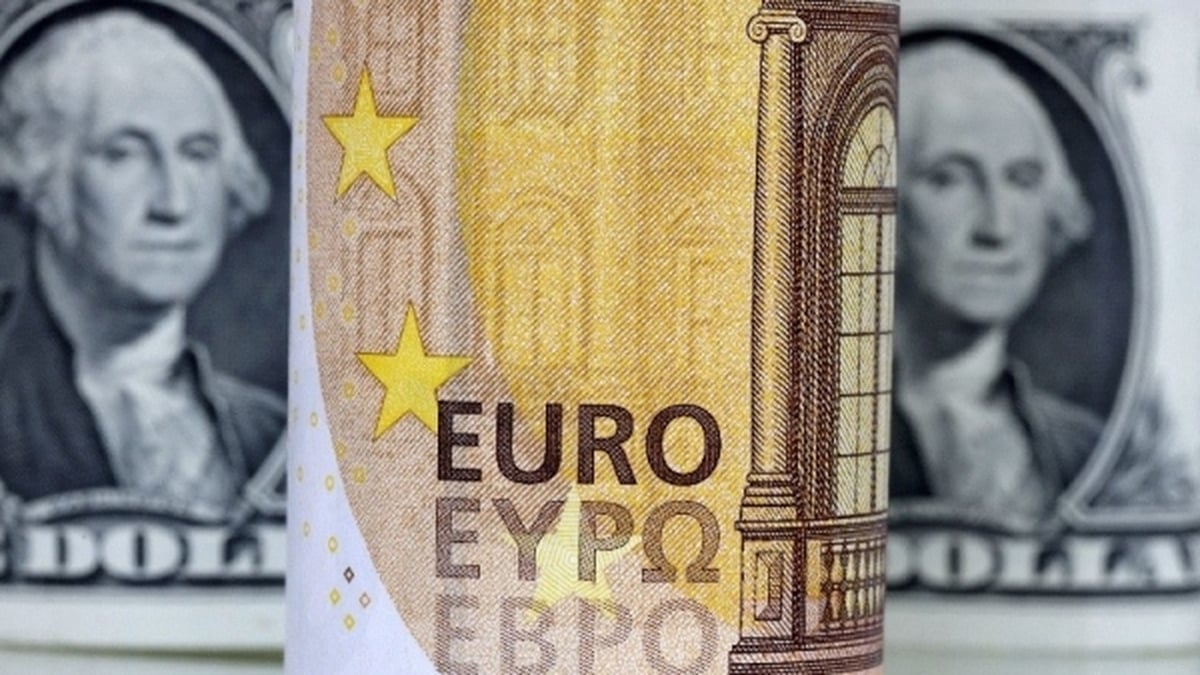
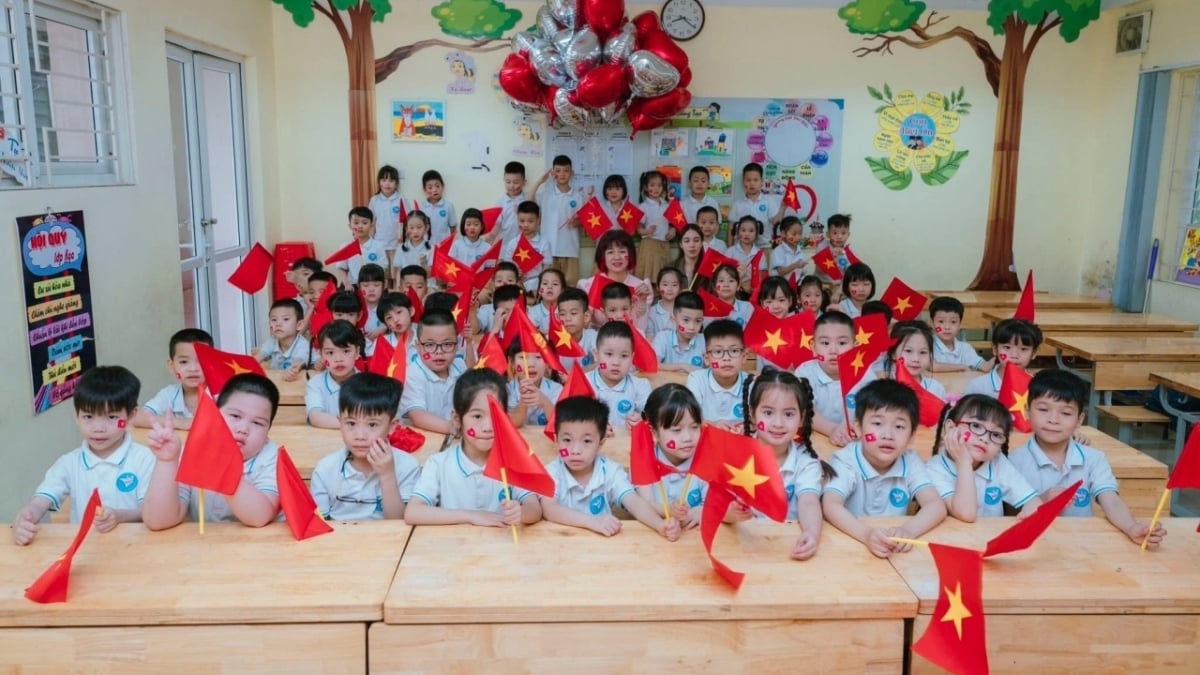
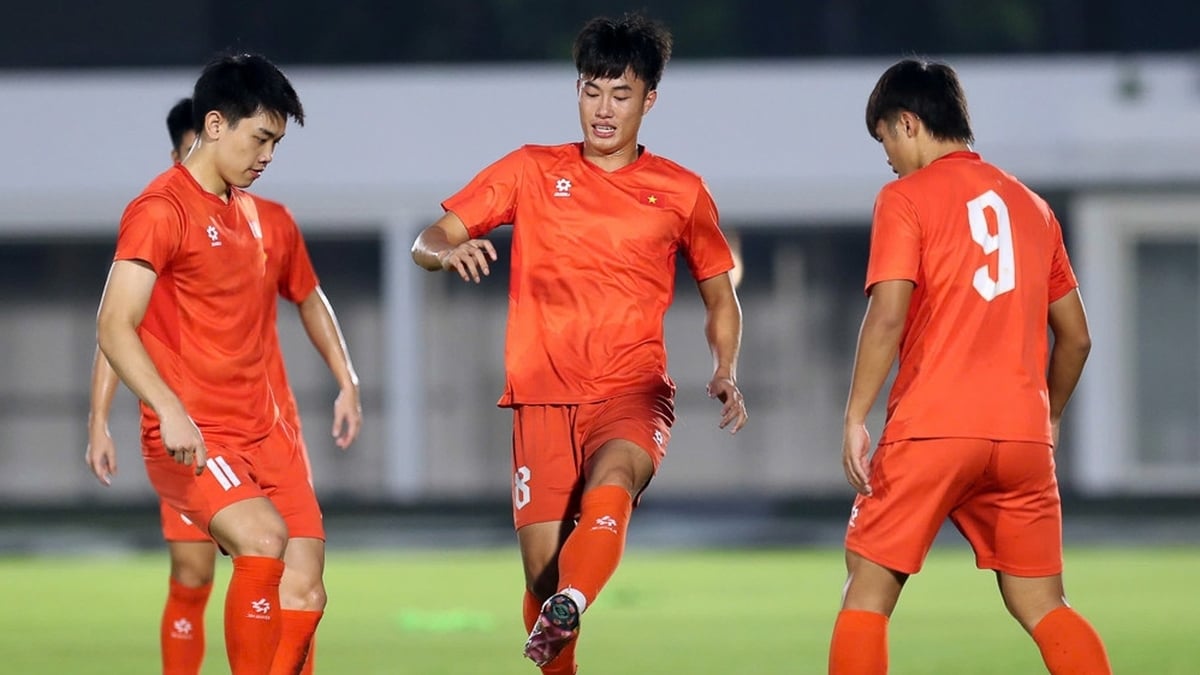

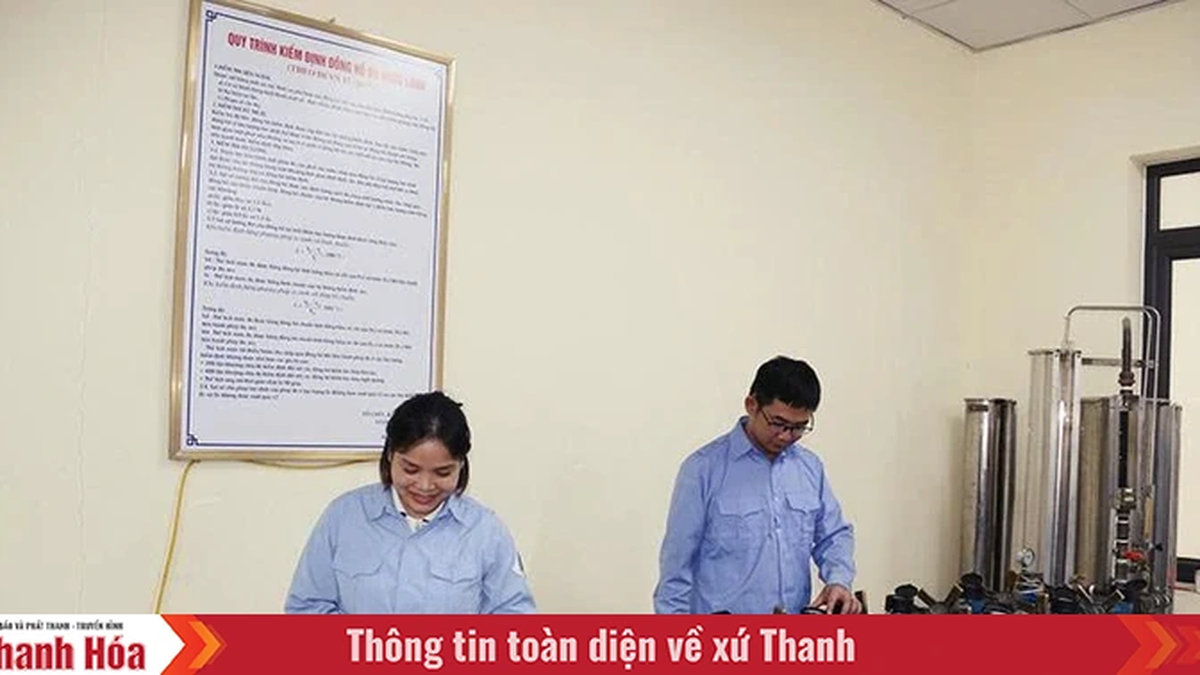
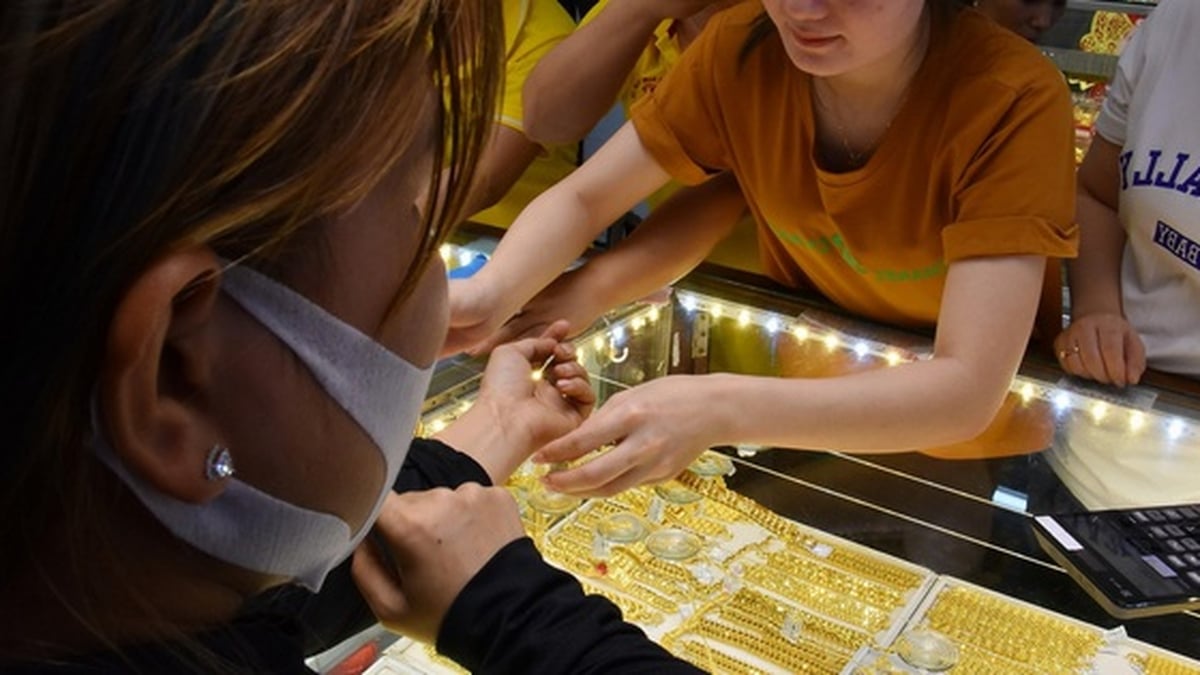
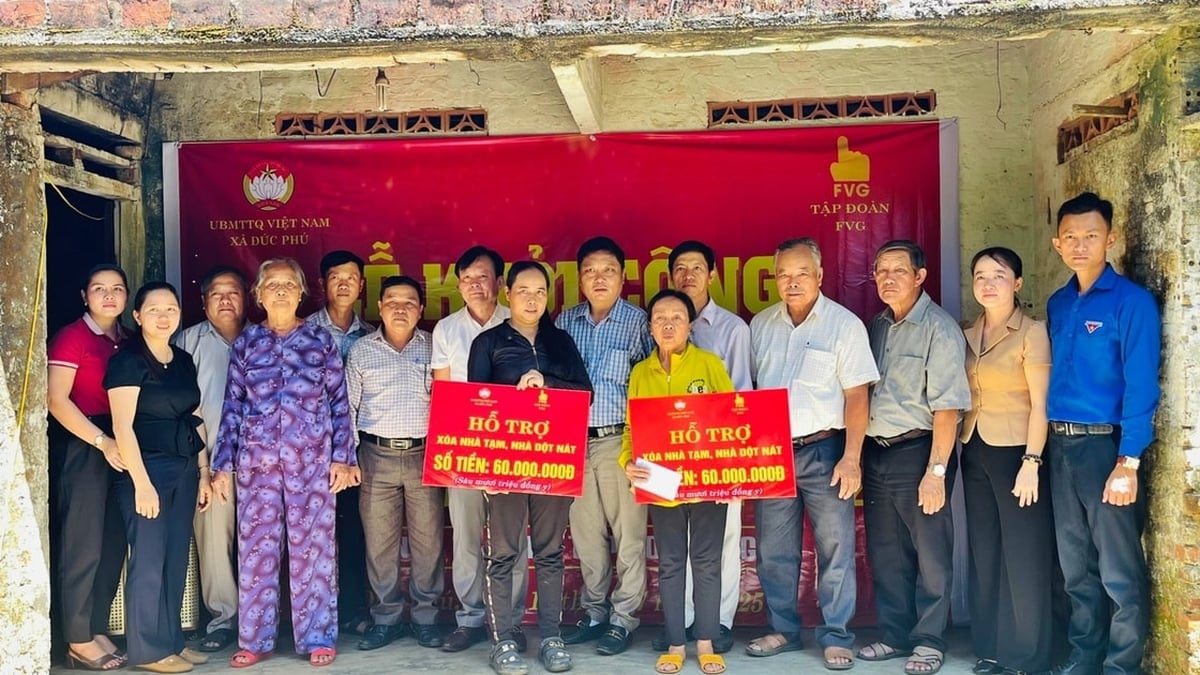
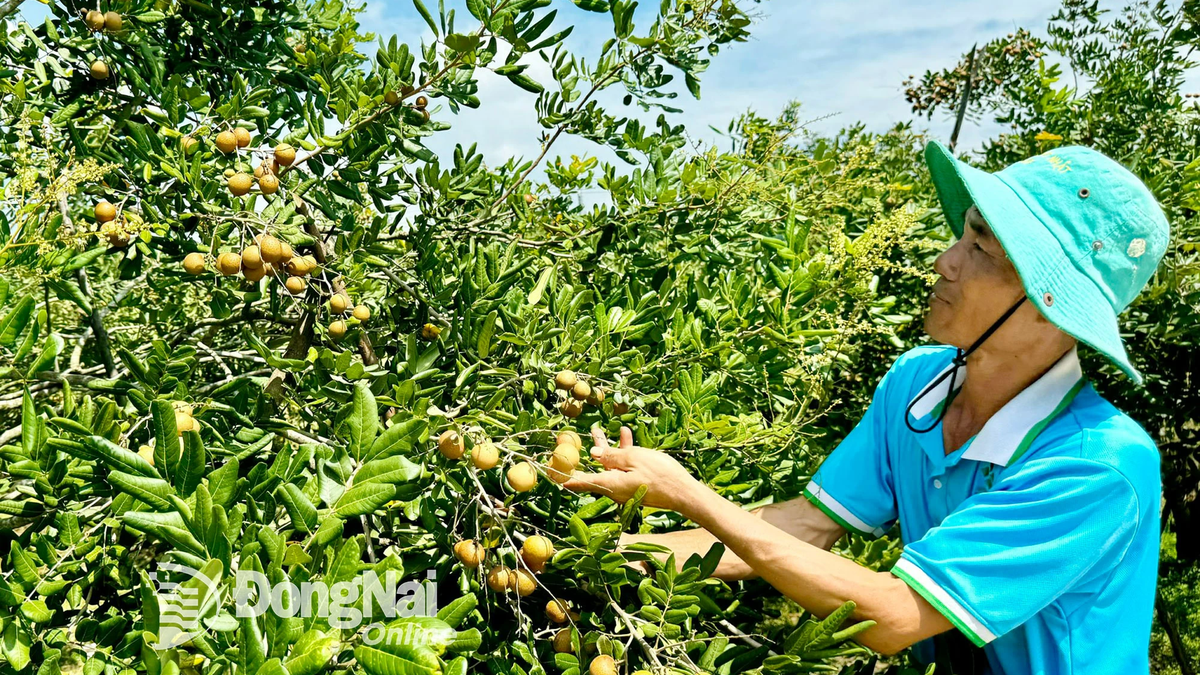

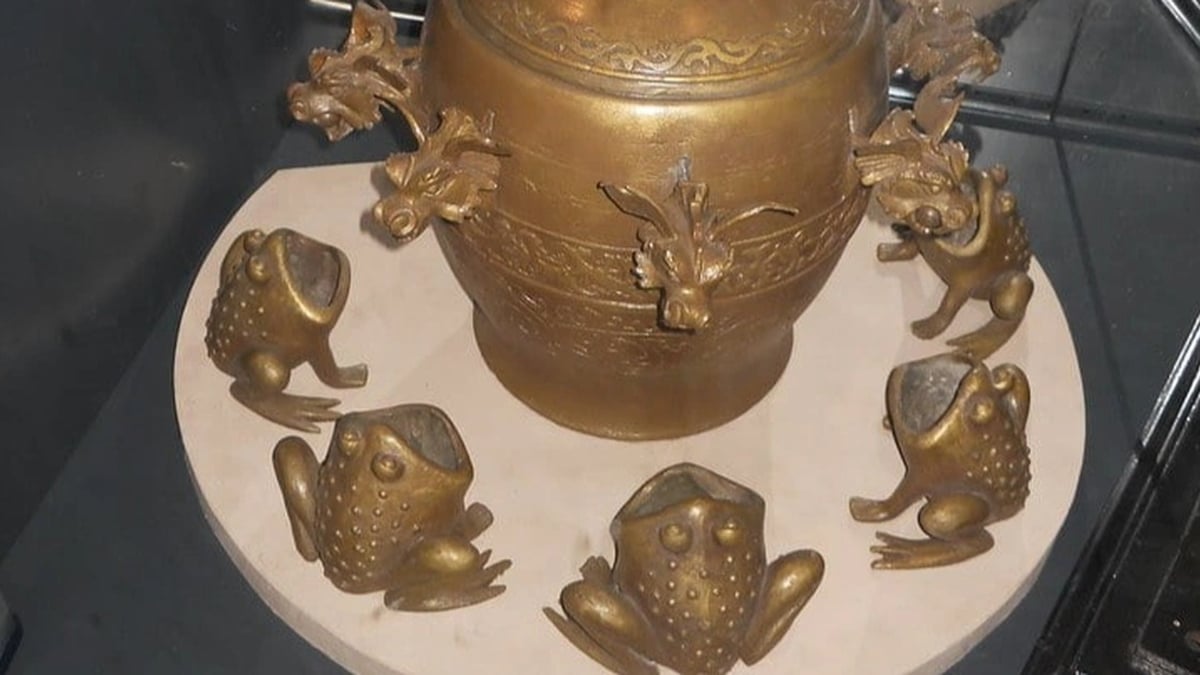
















![[Photo] National Assembly Chairman attends the seminar "Building and operating an international financial center and recommendations for Vietnam"](https://vphoto.vietnam.vn/thumb/1200x675/vietnam/resource/IMAGE/2025/7/28/76393436936e457db31ec84433289f72)








































































Comment (0)